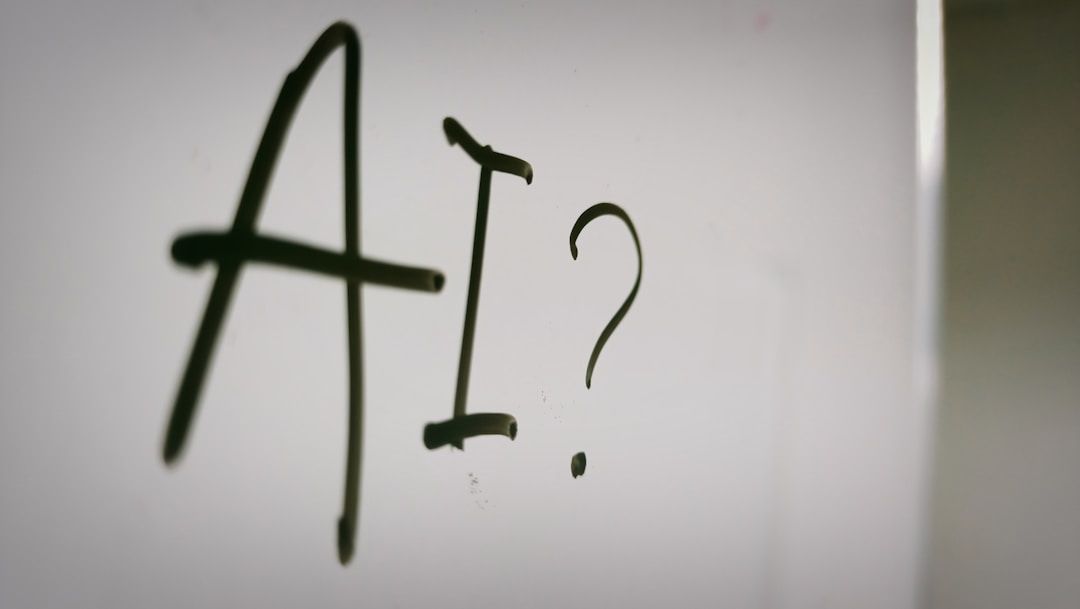People first, Not human last – Why the future of work still needs us

Emma Bridger
Minutes
11 June 2025
Employee Experience
Human-centred
EX Design
Human-centred
EX Design
It’s impossible to ignore the moment we’re in. Whether it’s Bruce Daisley’s latest ‘Make Work Better’ post (which I strongly recommend checking out), Sam Altman’s ambitions for the advertising industry, or the wave of layoffs reshaping creative and white-collar work, one thing is clear: AI is here, it's powerful, and it's accelerating faster than most of us are ready for.
I’m with Bruce on one thing: now is the time to future-proof your career. Whether your company is onboard or not, whether your job feels safe or not, ignoring the shift is no longer an option. AI is changing what we do and how we do it. If we sleepwalk through this transformation, we may not be offered a seat at the next table.
This is exactly what our upcoming People First Internal Communication book is all about. It's a call to arms for IC professionals, and anyone who cares about connection at work, to step into a more strategic, more human role in this AI-powered era. We're not here to be the last defenders of the status quo. We're here to reimagine internal communication as a discipline that embraces technology and doubles down on the power of people: voice, trust, purpose, and culture.
It’s also the focus of our upcoming EX Space webinar, where we’ll be launching our new white paper on the future of Employee Experience. We’ll explore how we can use these tools not just to make work faster, but to make it better — more human-centred, more values-led, and more resilient. Because when AI does the doing, we need to elevate the being.
But there’s a part of the narrative I can’t fully sign up to - the idea that AI will “do empathy better” or become a superior replacement for human connection.
This is exactly what our upcoming People First Internal Communication book is all about. It's a call to arms for IC professionals, and anyone who cares about connection at work, to step into a more strategic, more human role in this AI-powered era. We're not here to be the last defenders of the status quo. We're here to reimagine internal communication as a discipline that embraces technology and doubles down on the power of people: voice, trust, purpose, and culture.
It’s also the focus of our upcoming EX Space webinar, where we’ll be launching our new white paper on the future of Employee Experience. We’ll explore how we can use these tools not just to make work faster, but to make it better — more human-centred, more values-led, and more resilient. Because when AI does the doing, we need to elevate the being.
But there’s a part of the narrative I can’t fully sign up to - the idea that AI will “do empathy better” or become a superior replacement for human connection.
Machines might do sympathy, but can they do soul?
In Bruce’s latest post hecites a study where people preferred AI therapists over human ones. I don’t doubt the findings. AI can be patient, responsive, and nonjudgmental in ways that busy, burnt-out professionals sometimes struggle to be. But here’s the thing: for me, being heard isn’t the same as being held. There’s something about real human empathy that goes beyond the words being said, it's about presence, nuance, and a mutual recognition.
When we talk to AI, we are still (for now) simulating conversation. It can be extraordinary, insightful, even comforting, but it isn’t a shared human experience. It doesn’t know what it’s like to be us. Empathy is not just about emotional response; it's about lived context.
Here’s a metaphor I keep coming back to: AI might one day make music so beautiful it brings us to tears. We’ll stream it, playlist it, let it soundtrack our lives. But it won’t be the same as going to see Beyoncé, Harry Styles, or Coldplay (or whatever your music of choice is) perform live. It won’t be the same as watching them on a podcast, talking about the heartbreak behind a lyric, the joy behind a melody. Because the human story behind the art is part of what makes it powerful.
The same goes for leadership, storytelling, creativity, coaching, even product design. AI can draft, assist, and accelerate,but the most compelling, sticky, resonant work? That still comes from humans. Our flaws, our questions, our courage, our contradictions.
When we talk to AI, we are still (for now) simulating conversation. It can be extraordinary, insightful, even comforting, but it isn’t a shared human experience. It doesn’t know what it’s like to be us. Empathy is not just about emotional response; it's about lived context.
Here’s a metaphor I keep coming back to: AI might one day make music so beautiful it brings us to tears. We’ll stream it, playlist it, let it soundtrack our lives. But it won’t be the same as going to see Beyoncé, Harry Styles, or Coldplay (or whatever your music of choice is) perform live. It won’t be the same as watching them on a podcast, talking about the heartbreak behind a lyric, the joy behind a melody. Because the human story behind the art is part of what makes it powerful.
The same goes for leadership, storytelling, creativity, coaching, even product design. AI can draft, assist, and accelerate,but the most compelling, sticky, resonant work? That still comes from humans. Our flaws, our questions, our courage, our contradictions.
So what now?
I’m not anti-AI. I use it every day. It frees me up to focus on what I do best. But I believe our future doesn’t just lie in becoming “more technical” or “more efficient.” It lies in becoming more human.
- Asking better questions.
- Building deeper relationships.
- Creating spaces where people feel seen, not just heard.
- Making art and stories that only we can tell.
The age of the expertise not over, but it absolutely is being redefined. The best people won’t be replaced by AI. They’ll partner with it, enhance their output with it, and keep doubling down on the parts AI can’t touch: judgment, trust, ethics, originality, context.
Let’s not just future-proof our careers by learning prompt engineering or workflow optimisation. Let’s also protect the parts of work that make us proud to be human.
Let’s not just future-proof our careers by learning prompt engineering or workflow optimisation. Let’s also protect the parts of work that make us proud to be human.

